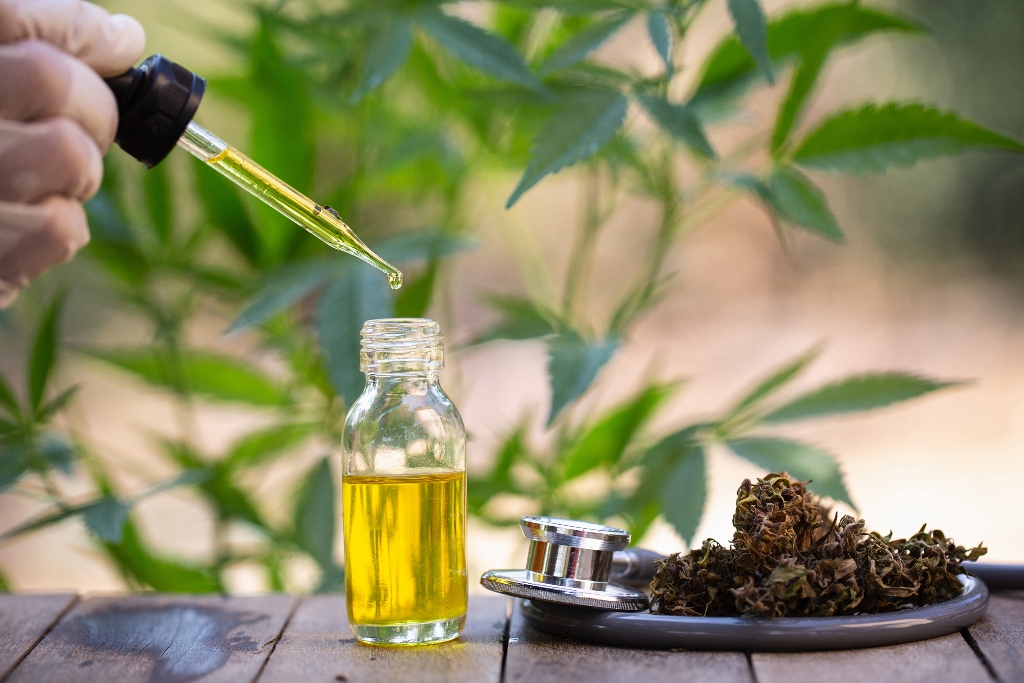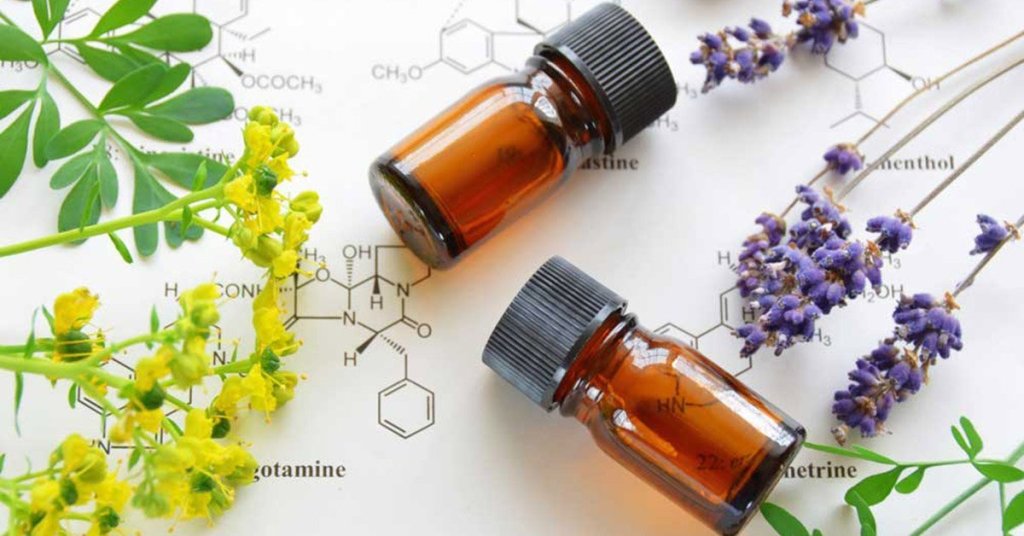Essential oils are commonly used in aromatherapy as part of what is known as alternative medicine, and there has been some controversy over what some of these oils can do for your health. It doesn’t help that every other skin care product comes loaded with ingredients such as coconut oil and sandalwood.
For the average person who just wants to improve their health by incorporating essential oils into their lifestyle, this article covers some of the things you might want to know about essential oils and their contribution to healthy living.
What are essential oils?

They are essentially chemical compounds extracted from plants. They often contain the scent of the plant (essence) and the tendency of these oils to have sweet smells is what attracts many people to them. Essential oils are extracted through methods such as distillation, cold pressing, or other mechanical process – the goal is to get as much of the compound out of the plant without altering anything.
How do they work?
The most common use of essential oils is aromatherapy. They can be inhaled or rubbed on the skin to treat infections and other common problems – and in most cases they are not to be ingested. Ingredients present in essential oils interact with the body in varying ways, depending on what’s being treated (1).
Plant chemicals may be absorbed into the skin to relieve irritation, dryness, infection, or for many other reasons (2, 3). Some experts believe that applying essential oils using certain methods can improve absorption (such as using heat or cold on different areas of the body), however, there is not enough research on this.
Common essential oils

You will find close to a hundred different essential oils, each with its own value and significance. Many of them carry vital ingredients that provide therapeutic effects in the body and mind. Here are some of the more popular essential oils:
- Peppermint – it’s great for boosting energy and it helps with digestion.
- Sandalwood – improves focus by calming nerves.
- Lavender – also great for calming nerves, particularly effective for treating anxiety.
- Rose – for mood and anxiety.
- Bergamot – used for skin care and for treating eczema.
- Tea tree oil – for the immune system and for treating infection.
- Lemon – great for digestion, mood, detox, and more.
Health benefits of essential oils
Many people use essential oils as part of a broader treatment, usually involving conventional medication; however, not enough studies have been done to see how many of these oils can treat serious illnesses on their own. One major reason people use alternative treatment such as aromatherapy is to manage stress (4). People living with stress and anxiety often find pharmaceutical treatment ineffective in the long term, and many turn to alternative medicine – especially because of the number of studies showing the success of aromatherapy in managing stress (5, 6, 7).
Using essential oils during a massage also increases the therapeutic value and may be a very effective way of managing stress (8).
So what are all the benefits of essential oils?

1) Stress, Anxiety, and Depression
This affects millions of Americans, and there’s no indication that these people are finding relief with depression pills. Experts recently reviewed over 200 studies of stress, anxiety, and depression, and found that participants across the board had something positive to say about aromatherapy as a treatment for stress and anxiety (9).
2) Headaches and Migraines
How often do you get headaches? If regularly, then you should consider using essential oils to reduce the occurrence of headaches and migraines. A number of studies were done in the 1990s to see whether participants experienced fewer migraines after using essential oils to massage their temples (10, 11). Other studies found that peppermint and lavender reduced headaches and pain (12, 13).
3) Sleep and Insomnia
Sleep quality may be improved significantly by using lavender in your bath water before going to bed. For people with heart disease, one study found that using lavender regularly improved cardiovascular health and enhanced sleep quality, which in turn increased overall health (14, 15). .
4) Reducing Inflammation
Fitness experts sometimes use essential oils to treat muscle soreness, injury, and inflammation that follows every intense workout. Applying oils such as rosemary and thyme were found to reduce inflammation significantly, and also sped up the healing process (16).
5) Antibiotic and Antimicrobial
The search for healing oils has intensified since the rise of antibiotic-resistant bacteria. Scientists are still investigating the complete antimicrobial benefits of common oils and there is an interest in using them more commonly around the house for their medical benefits (17, 18, 19).






